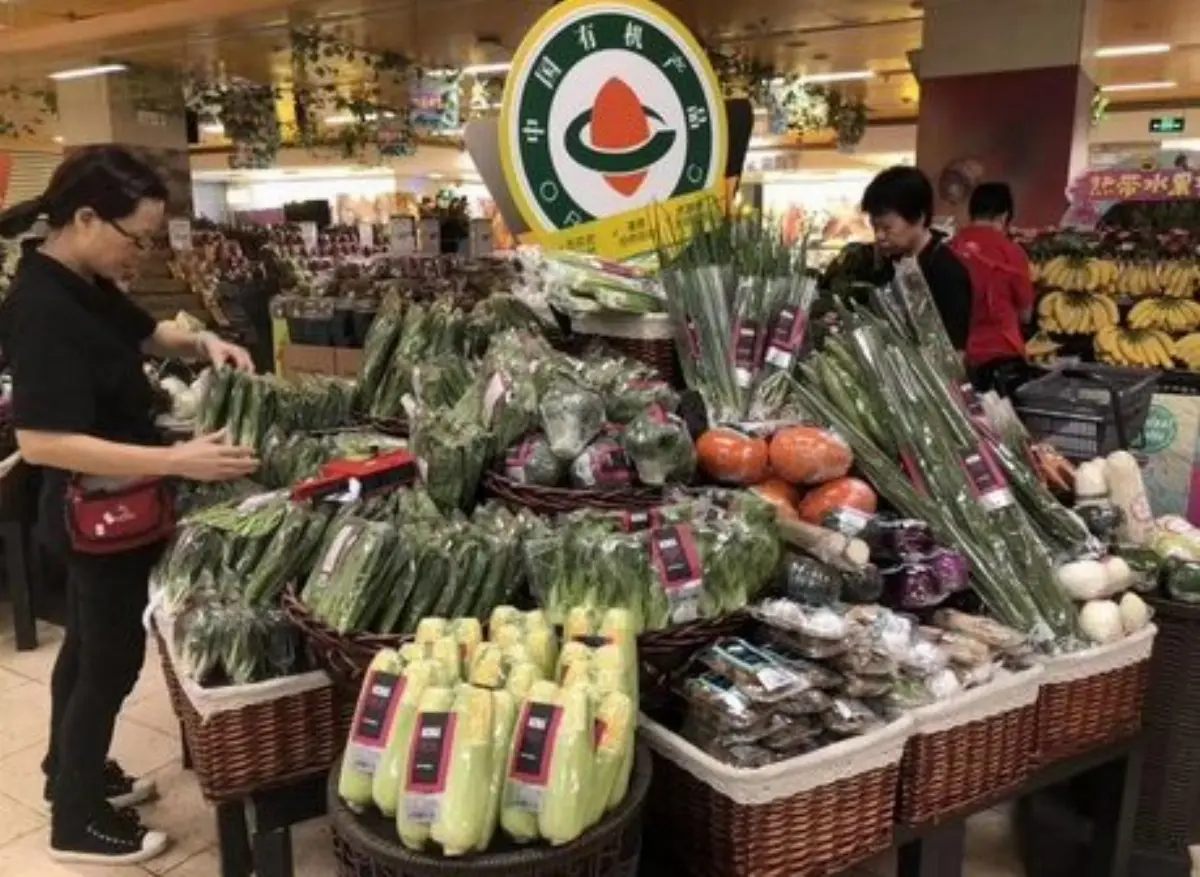
Do you want to access to this and other private contents?
Log in if you are a subscriber or click here to request service
The Chinese choose bio made in Italy
Nomisma analysis reveals consumption and trends in China

17% of the Chinese indicate "Italy" when they think about a country producing food & beverage excellence
hef - 16627
EFA News - European Food Agency
EFA News - European Food Agency